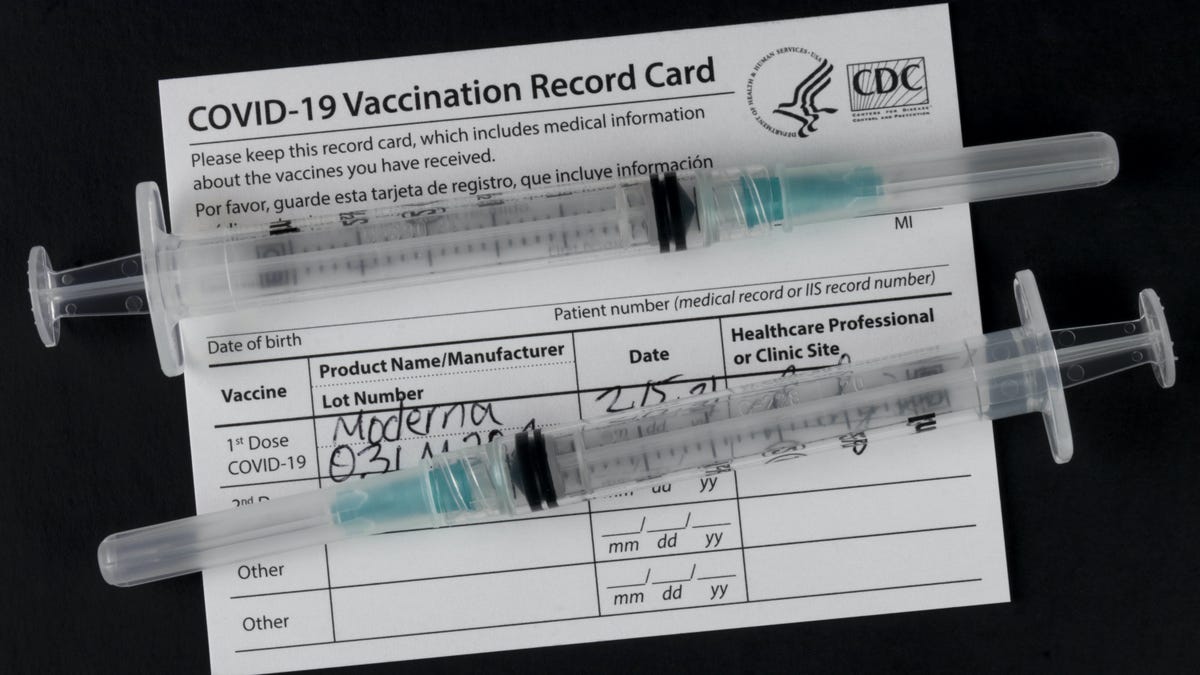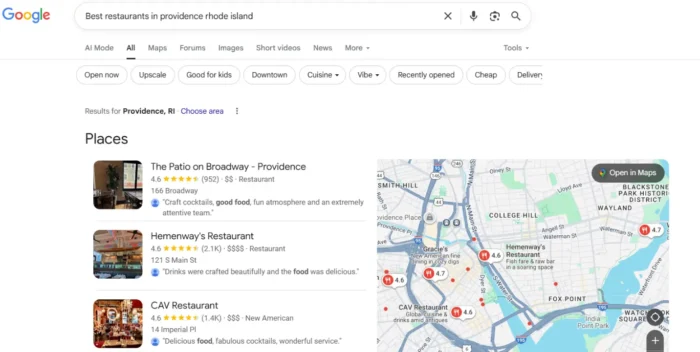How to Choose Between a Bank and a Credit Union
Even if you’ve seen a credit union in your town, you may not have given much thought to what they are exactly. Credit unions are financial institutions just like banks, but with a few key differences in how they...


Photo: fizkes (Shutterstock)
Even if you’ve seen a credit union in your town, you may not have given much thought to what they are exactly. Credit unions are financial institutions just like banks, but with a few key differences in how they operate. Here’s what to know about the main differences between credit unions and banks, and how you can decide which institution is right for you.
How is a credit union different from a bank?
For the most part, banks and credit unions work the same way: Both institutions accept deposits, make loans, and provide a wide array of financial services.
However, what makes the different is their profit model. Banks are for-profit, while credit unions are member-owned not-for-profit institutions. That means when you open an account and deposit money in a bank, you become a customer. When you open an account with a credit union, you become part of a member-owned financial cooperative. Like with a bank, you must meet certain requirements to join a credit union, which will vary depending on how a credit union is organized.
Choosing between banks and credit unions
When you’re considering opening an account at a bank versus a credit union, it’s important to identify what you’re looking for in a financial institution.
G/O Media may get a commission

90% Off
Unlimited Lifetime Learning Subscription Bundle ft. Rosetta Stone
A lifetime of learning.
The Unlimited Lifetime Learning Subscription Bundle ft. Rosetta Stone aside from being a lot of words, grants access to a lifetime subscription to StackSkills Unlimited, which is a set of online courses for just about anything you could think of.
Use the promo code LEARN10NOW
The bottom line
Both banks and credit unions also offer equal safety for your money via federal-government-backed insurance. Because of their differing profit status, credit unions tend to offer a more personalized experience, but without all the convenience that comes with major banks. When you’re deciding between banks and credit unions, consider which trade-offs matters most to you.

 KickT
KickT 































